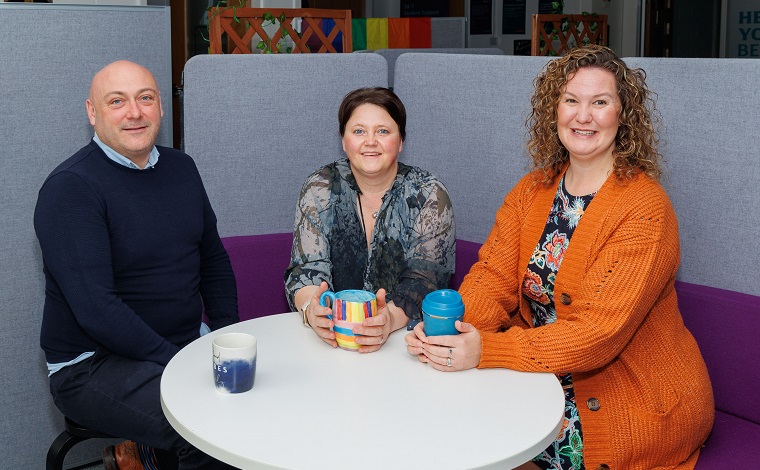At your appointment, the Mental Health Adviser will introduce themselves, explain their role, and discuss confidentiality, including situations where they may need to share information if there could be a risk of harm to you or others.
They will ask about your reasons for booking the appointment, allowing you to share any mental health concerns or anything that's worrying you. You can also discuss ways to stay well if you’ve had past difficulties.
During your conversation the mental health adviser may ask questions about your background, relationships, and interests to better understand your situation in terms of your mental health.
Your Mental Health Adviser will then move on to how they can best support you. That might involve tips to help you manage stress and anxiety in the short term, or coping techniques that can help you long term. They may signpost you to some external resources or agencies that can support you (e.g. your GP) or they might make a referral to another team within Student Support or the University. In some cases the Adviser may refer you to an external agency but will always ask for your consent to do so.

